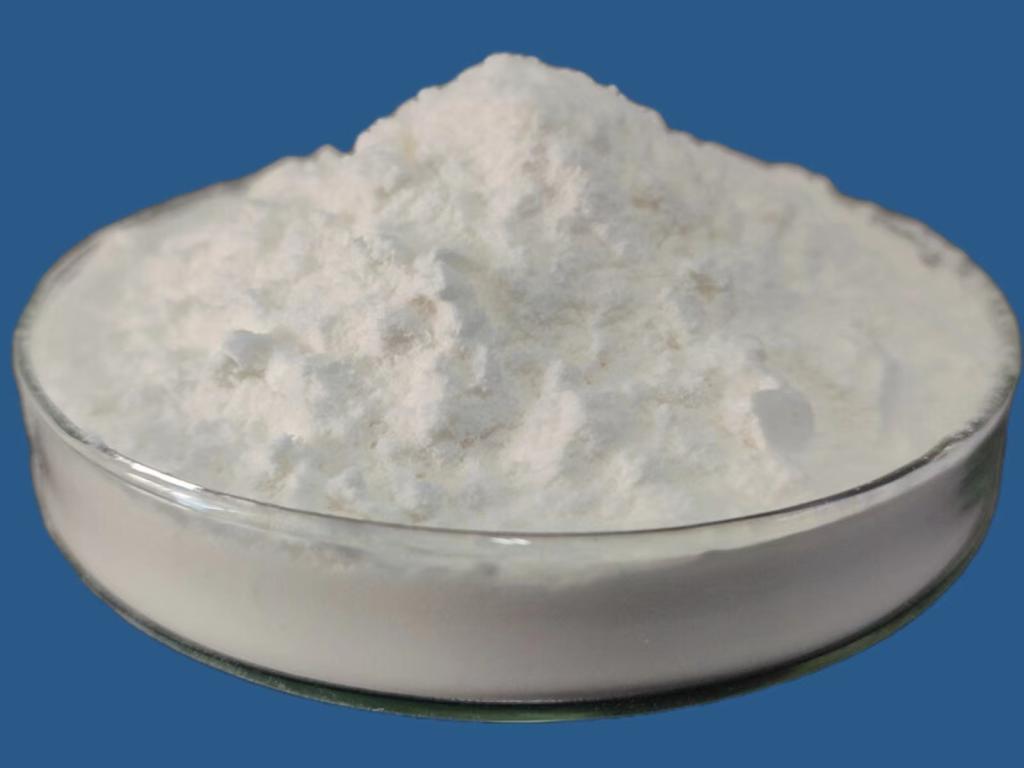Tel:+8618231198596

News
 CONTACT
CONTACT
 CONTACT
CONTACT
- Linkman:Linda Yao
- Tel: +8618231198596
- Email:linda.yao@dcpharma.cn
- Linkman:CHARLES.WANG
- Department:Overseas
- Tel: 0086 0311-85537378 0086 0311-85539701
News
Potential of ε-Polylysine hydrochloride in extending the shelf life of plant-based proteins
TIME:2024-08-21
Introduction:
Plant-based proteins are gaining popularity due to their nutritional benefits and environmental sustainability. However, these products can be prone to microbial spoilage, which limits their shelf life. ε-Polylysine hydrochloride (ε-PL) is a natural antimicrobial peptide that has shown promise in controlling microbial growth in various food products. This article explores the potential of ε-PL in extending the shelf life of plant-based proteins.
Background on ε-Polylysine Hydrochloride:
ε-Polylysine hydrochloride is a linear homopolymer of lysine residues linked by ε-(γ-glutamyl)lysine bonds. It is produced through the fermentation of certain bacteria, such as Streptomyces albulus. ε-PL exhibits broad-spectrum antimicrobial activity against a variety of microorganisms, including bacteria and fungi, making it a versatile preservative.
Mechanisms of Action:
ε-PL works by interacting with the cell membranes of microorganisms, causing membrane disruption and cell lysis. It specifically targets the lipid II precursor, which is essential for bacterial cell wall synthesis. This mechanism of action is effective against Gram-positive bacteria and some Gram-negative bacteria, as well as yeasts and molds.
Efficacy in Plant-Based Proteins:
Plant-based proteins, such as pea protein, soy protein, and chickpea protein, are highly susceptible to microbial growth due to their high water activity and nutrient content. ε-PL can effectively inhibit the growth of spoilage organisms, thus extending the shelf life of these products.
Application Methods:
1. Direct Addition: ε-PL can be directly added to the plant-based protein mixture during processing. This method ensures uniform distribution and immediate antimicrobial activity.
2. Surface Coating: ε-PL can be applied as a surface coating on plant-based protein products after processing. This technique can be particularly useful for products that are sensitive to direct contact with antimicrobial agents.
3. Encapsulation: ε-PL can be encapsulated in biopolymers to protect it from degradation and to control its release. This method enhances the stability of ε-PL and allows for sustained antimicrobial activity.
Suitability for Various Applications:
1. Ready-to-Eat Meals: ε-PL can be used in ready-to-eat meals containing plant-based proteins to prevent spoilage and extend shelf life without compromising taste or texture.
2. Snack Bars and Energy Bites: Plant-based protein bars and bites are popular snacks that can benefit from the antimicrobial properties of ε-PL, ensuring they remain fresh and safe for consumption.
3. Beverages: Plant-based protein beverages, such as soy milk and pea protein drinks, can be preserved using ε-PL to prevent microbial growth and maintain product quality.
Advantages Over Synthetic Preservatives:
1. Natural Origin: ε-PL is a natural product derived from bacterial fermentation, which aligns with consumer preferences for natural and clean-label ingredients.
2. Broad-Spectrum Activity: ε-PL has broad-spectrum antimicrobial activity, making it effective against a wide range of spoilage organisms.
3. Safety Profile: ε-PL has a well-established safety profile and is Generally Recognized As Safe (GRAS) by regulatory agencies, including the U.S. Food and Drug Administration (FDA).
Challenges and Future Directions:
1. Stability Under Processing Conditions: Ensuring the stability of ε-PL under various processing conditions, such as high temperatures and pH changes, is crucial for its effectiveness.
2. Formulation Compatibility: ε-PL must be compatible with other ingredients in plant-based protein products to maintain product quality and sensory attributes.
3. Cost-Effectiveness: Developing cost-effective production methods and optimizing dosage requirements can enhance the economic viability of ε-PL as a preservative.
4. Regulatory Compliance: Obtaining regulatory approval for new applications and international markets is essential for the widespread adoption of ε-PL.
Conclusion:
ε-Polylysine hydrochloride holds significant potential for extending the shelf life of plant-based proteins. Its natural origin, broad-spectrum antimicrobial activity, and safety profile make it an attractive preservative option. Further research and development in formulation, stability, and regulatory compliance will be key to realizing its full potential in the plant-based protein industry.
- Tel:+8618231198596
- Whatsapp:18231198596
- Chat With Skype







